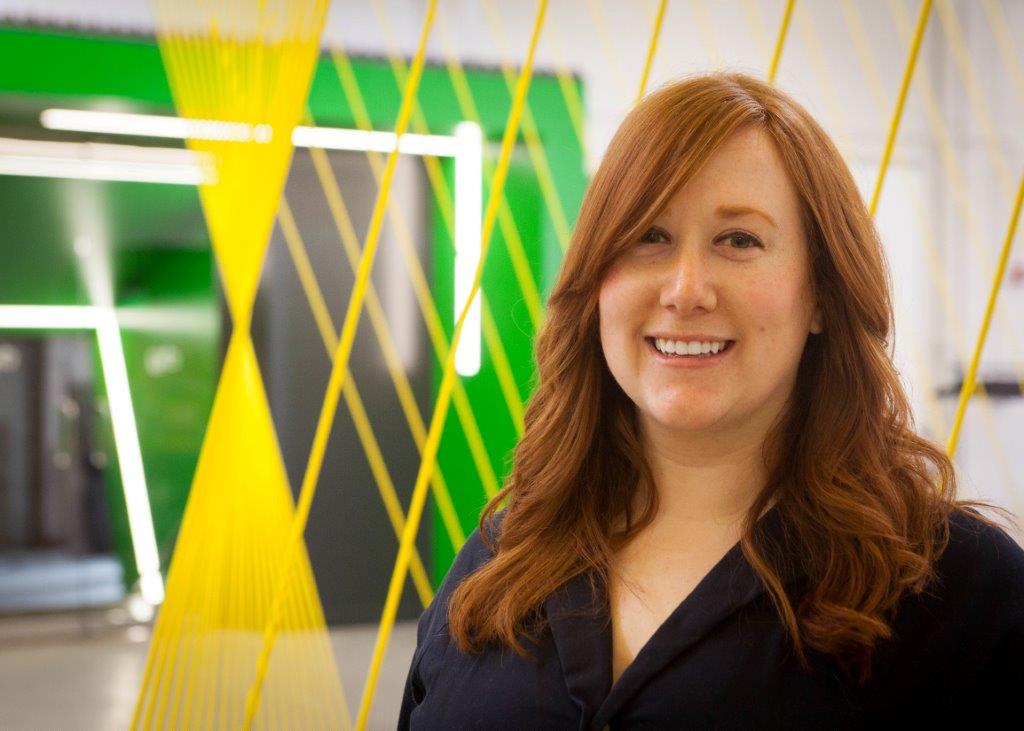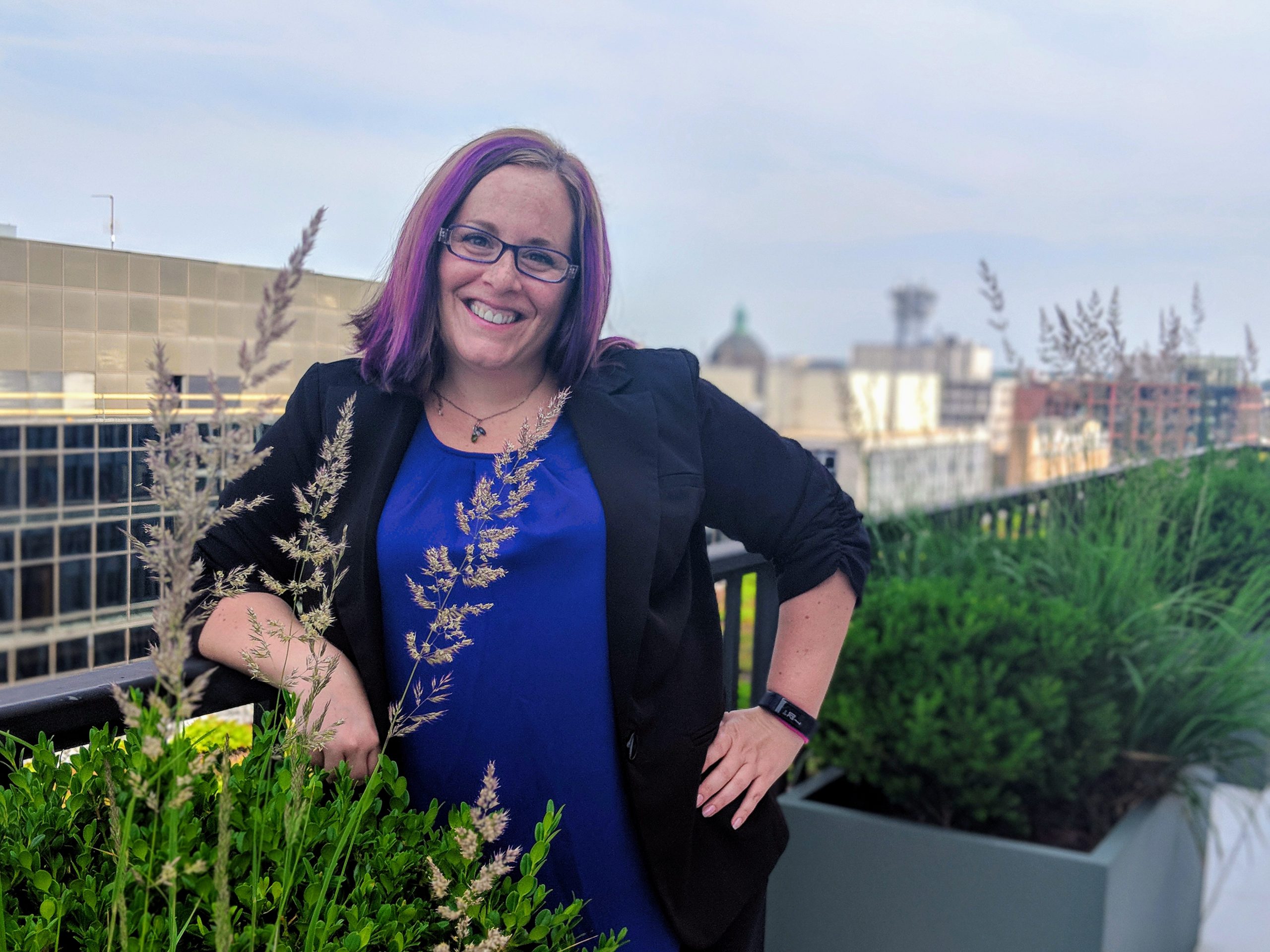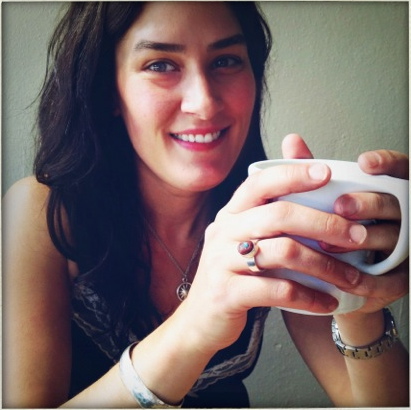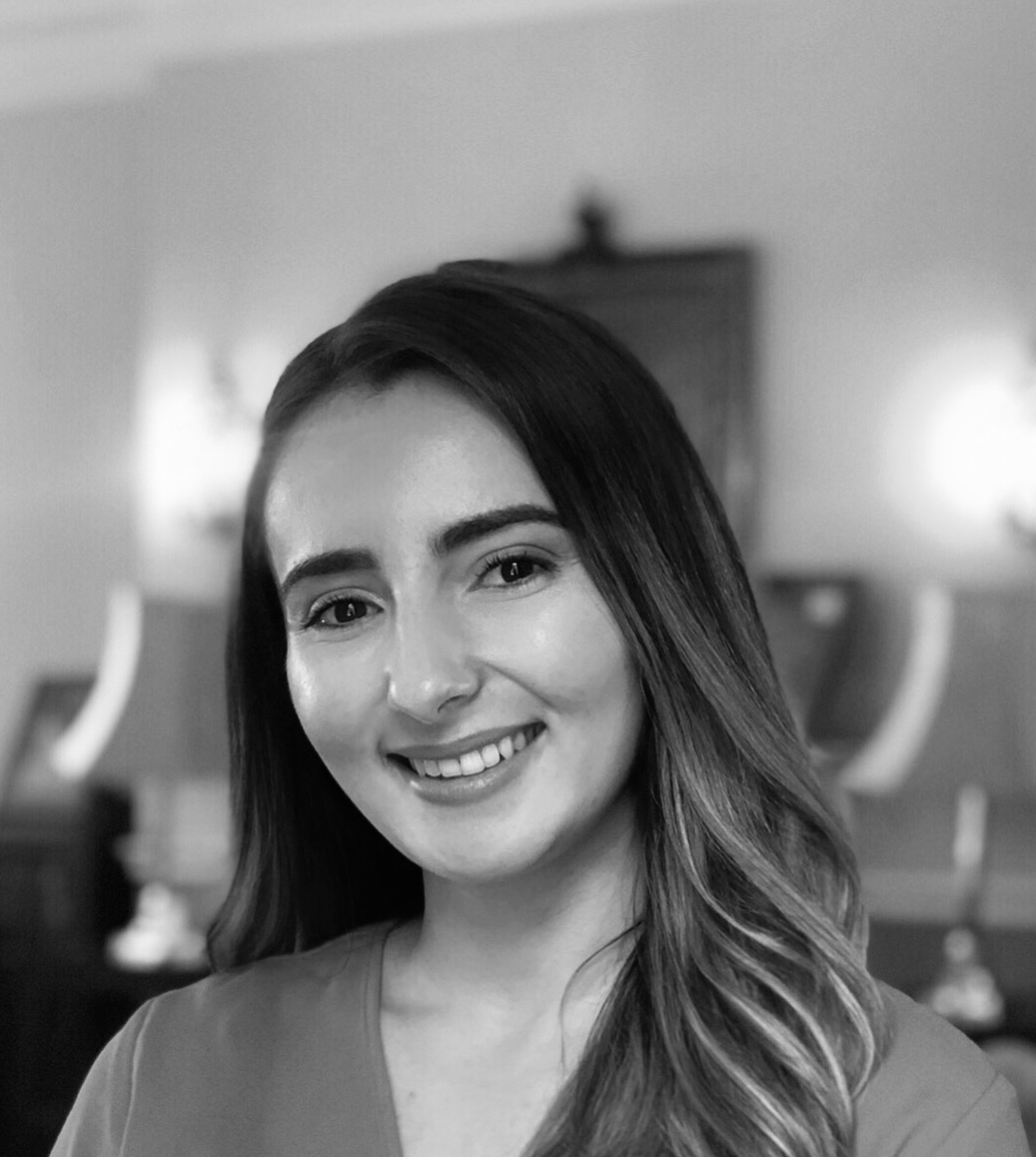
#2 Inclusion & Hope (2/3)
This article is a 3-piece exploration of Ecosystem Building principle #2 Foster Inclusive Conversations and belongs to the 7-part series Ecosystem Building 101. The entire series is developed in Fireside Chats with entrepreneurial ecosystem builders around the world. Read #1 Put entrepreneurs front and center.
This resource guide is no longer available for download. Sign up for Impact Curator to never miss another resource!
In order to move knowledge and resources from the people who have them to the entrepreneurs who need them, we need to create conversations and interactions. In a world that has mostly shifted online, how can we better foster inclusive conversations?
Radical Inclusion
Jess Edwards: “It’s key that we move from lip service to action. When I interviewed for my current role in the Dan River Region, I specifically asked the leadership team not only what inclusion and diversity meant to them, but whether they were willing to go the extra mile to implement it. I asked them point blank:
Do you understand that it might take twice as much time, twice as much money, twice as much education and twice as much patience as you think to become more inclusive?
Have an uncomfortable conversation about what diversity, equity and inclusion look like in your day-to-day work and operations, and really make sure people understand what it takes to ensure everyone’s on the same page.”
Denisse Rodriguez: You can’t take diversity for granted. Even in Puerto Rico, where we’re all Hispanic, we have to be acutely aware of our bias. Being Hispanic, we count as an underserved minority but in our reality, there’s still a distinction between hispanic and even more underserved entrepreneurs: When the Black Lives Matter movement made waves in May this year (2020), we put together a directory of black-owned businesses in Puerto Rico, and I was ashamed to realize how small a directory it was. Not because we don’t have entrepreneurial minds in our black community, but because we clearly haven’t done enough to nurture and support black entrepreneurs to start and grow businesses.
I’m struggling with how to start that conversation in the entrepreneurial ecosystem in Puerto Rico. Whenever we talk about better supporting underserved entrepreneurs, we might have difficulty understanding what we can do to bridge that gap. The sentiment is ‘What can we do when we’re all Puerto Rican and we’re all underserved.’ And while that is true, I believe there is more nuance to our privilege. Maybe that’s what makes an ecosystem builder – we know there is always more that we can do, because there is always more than meets the eye at first. I would love to see programs specifically for black Puerto Ricans because we did the same for women and guess what: Once we offered entrepreneurial support programs specifically for women, we suddenly had a waitlist for them.”

Jess Edwards
Danville, Virginia, US
As a project-based ecosystem builder in the Dan River Region of Virginia, Jess specializes in diversity & inclusion in innovation ecosystems.

Heather Metcalf
Tuczon, Arizona, US
Heather is a social scientist leading empirical and intersectional work on gender and the science, technology, engineering, & mathematics workforce
Heather Metcalf: “Roughly 65 percent of the entrepreneurs who participate in our programming are women of color and the majority of the women of color who participate are Black. You have to be very intentional about your inclusion efforts. For example, you can’t just blast out an email and expect potential founders to show up. You have to make sure that the programming you’re creating meets the needs of the target audience; you have to work to understand what the challenges are that these founders are facing.
You have to become not just an ally, but a co-conspirator, to address and dismantle the kinds of barriers that historically underserved entrepreneurs face in a dysfunctional system that was designed to not even give them an opportunity.
We treated the first three cohorts we ran as complete pilots. From inception, we relied on an iterative design so that as we learned what founders needed and struggled with, we would adapt the program along the way to meet those needs.
We followed up with entrepreneurs who had expressed an interest but did not submit an application to find out what had stopped them. We talked in-depth to founders in the program to better understand what was working for them and what wasn’t. For example, we switched technology-platforms because it wasn’t a good fit for what the entrepreneurs needed. We tried to check in regularly through surveys, conversations and office hours.
We always want to work with the person, not just their business. That means making space for the whole human being. Instead of giving out grades like in a university classroom, we want our programs to rely on the relationships with founders and meet them where they are, even – and especially when – they move across the country, become parents of have to take care of their parents, when they’re being legally harassed in protection of their intellectual property, etc. It is through these relationships that we are able to connect them with values-aligned partners and investors.
We always want founders to know that we are with them and we will do what it takes to get them what they need to take the next step as entrepreneurs.”
Shifting the conversation toward hope
As Peter Block says in his 2012 book Community. The structure of belonging:
Stories can give us a narrative to guide and instruct us. They are crucial to our knowing who we are; they provide a sense of identity.
Peter Block, 2012, p. 35
In other words, we become the stories we tell ourselves. In a news cycle that thrives on disaster and calamities, we as ecosystem builders have the power to remind our community of all that makes a place unique. We tell stories based on strengths, skills and unique characteristics. Shifting our conversations to hope means directing everyone’s attention toward a positive future.
As Melanie and Eric point out, that does not mean sweeping negative stories or feelings under the rug. On the contrary. Create a safe space to really check in with people – entrepreneurs and other actors in your ecosystem alike – because honest conversations about challenges and frustrations build trust. Just be sure not to get stuck in those conversations, and instead shift the focus toward the future in which these challenges are overcome.
Melanie Lenci: “I have absolutely been at events that were just a complete bitchfest and I wondered whether it would look rude for me to just get up and leave. I’m not beyond telling someone that this is not exactly what we’re here to conversate on. In that situation, I try my best to switch that conversation back to what the topic at hand is.
As entrepreneurial ecosystem builders, we are the cheerleaders of our communities but – especially in times like these – I want to create space for entrepreneurs to show up and be able to share both their wins and woes.
Above all, our conversations need to be authentic. When times are difficult, authentic means telling how it is and having a safe space to talk about our struggles and concerns.
Instead of always putting on a smiling face, we have the unique opportunity to connect people, ask them to share their concerns and offer to help so that we can continue to cheer each other on, knowing that we’re not alone in this. That everyone is struggling.”

Melanie Lenci
Santa Fe, New Mexico, US
Melanie started Kick-Ass Entrepreneurs (KAE) in January 2018 out of love for entrepreneur stories and visiting new venues.

Anxhela Bruci
Tirana, Albania
As a social entrepreneur herself, Anxhela empowers survivors of human trafficking in Albania.
Eric Renz-Whitmore: “Having success stories – be it about helping someone secure funding or solve a specific problem for an entrepreneur – is really powerful because it connects people. The best way to find and share these stories is letting entrepreneurs tell them.
Internally, we have adopted a practice at Forward Cities to provide a safe space for people to show up as themselves and just acknowledge that this is a rough time for folks. If you’re feeling the heaviness right this second, let’s acknowledge it because it’s damaging not to.
If you feel like you can’t be yourself, if you don’t feel like that part of you is valued in this environment we have created for entrepreneurs, then you’re not going to be a happy camper.
These days, we spend a lot of time in meetings checking in with people and asking them ‘How are you really doing?’ And then we talk through that for ten, fifteen minutes – or however long it takes – because until we talk it through and fully acknowledge it, we really can’t get to the work.”
Anxhela Bruci: “I was born in Greece, studied in the UK and am now running a social enterprise in Albania. Much of my work for Empowerfull is around reframing the narrative of survivors into one of possibility. Most survivors of human trafficking are faced with beliefs of not being capable to be fully empowered because they have been deeply hurt by others, making them feel stigmatized by their history and personal experience.
But even I, as a young female social entrepreneur, struggle with hopelessness at times.
We are a small team with limited funding and face a lot of challenges. When I was in the UK, for example, I went to many events connected to the university. It was easy to connect with different hubs and organizations that work in social entrepreneurship or support vulnerable groups. In Albania, it’s more challenging because opportunities are limited, especially within the entrepreneurial community that is mostly led by men. For example, only 20 percent of businesses are owned by women. In rural communities, patriarchy makes it even harder for females to get connected, with only six percent of farms being led by women. In Tirana, the capital of Albania, there is progress in the entrepreneurial ecosystem but it does not yet reach vulnerable groups nor communities in the rural areas.”
Mildred Franco: “So far, we’ve been able to help ten to fifteen local entrepreneurs secure grants during COVID-19 and that certainly gave other entrepreneurs hope. I had a couple of videos made about two totally different types of small businesses who received grants from two completely different organizations. During the video interviews, the two owners spoke about how they were going to use those funds and that was a great element of hope. The videos got a lot of traction and now I’m getting a lot of calls from people saying ‘Oh I saw what you did for Carla, can you help me?’ and ‘Miss Margaret said you were like a guardian angel and I feel like calling you because I hope you can do the same for me!’
Entrepreneurs are the better messengers for hope, our job is to give them a platform to share that message.